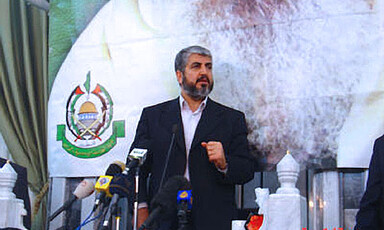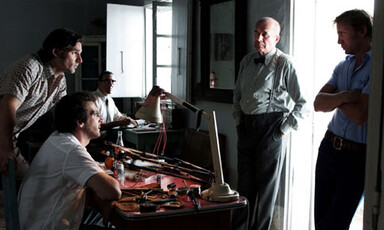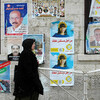
The Third Intifada
4 February 2006
Welcome to the third Palestinian intifada. The first was with stones, the second a mix between non-violent and more violent means, and this one via a ballot box. With Hamas’ landslide victory in the Palestinian elections breaking years of political stagnation, we are witnessing, right before our eyes, a chapter of history being made. In an attempt to make sense of the rapidly moving situation following the elections, I pose the following for consideration. Three ironies, three potential failures and three challenges. Read more about The Third Intifada








